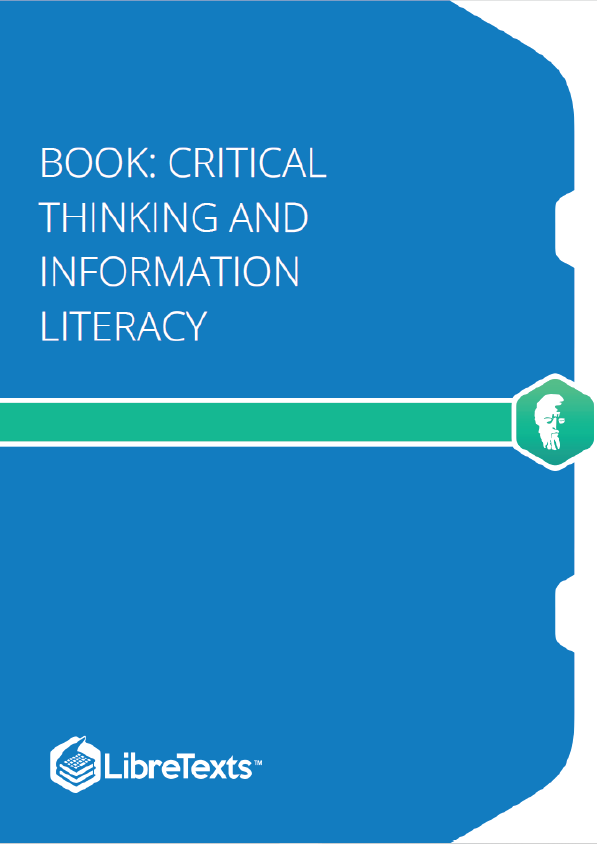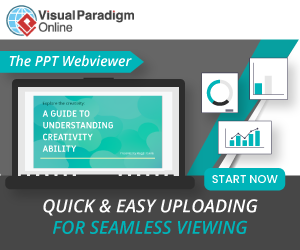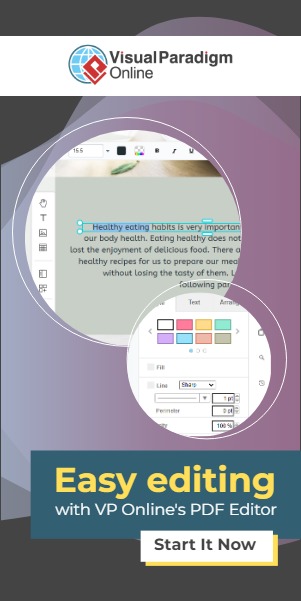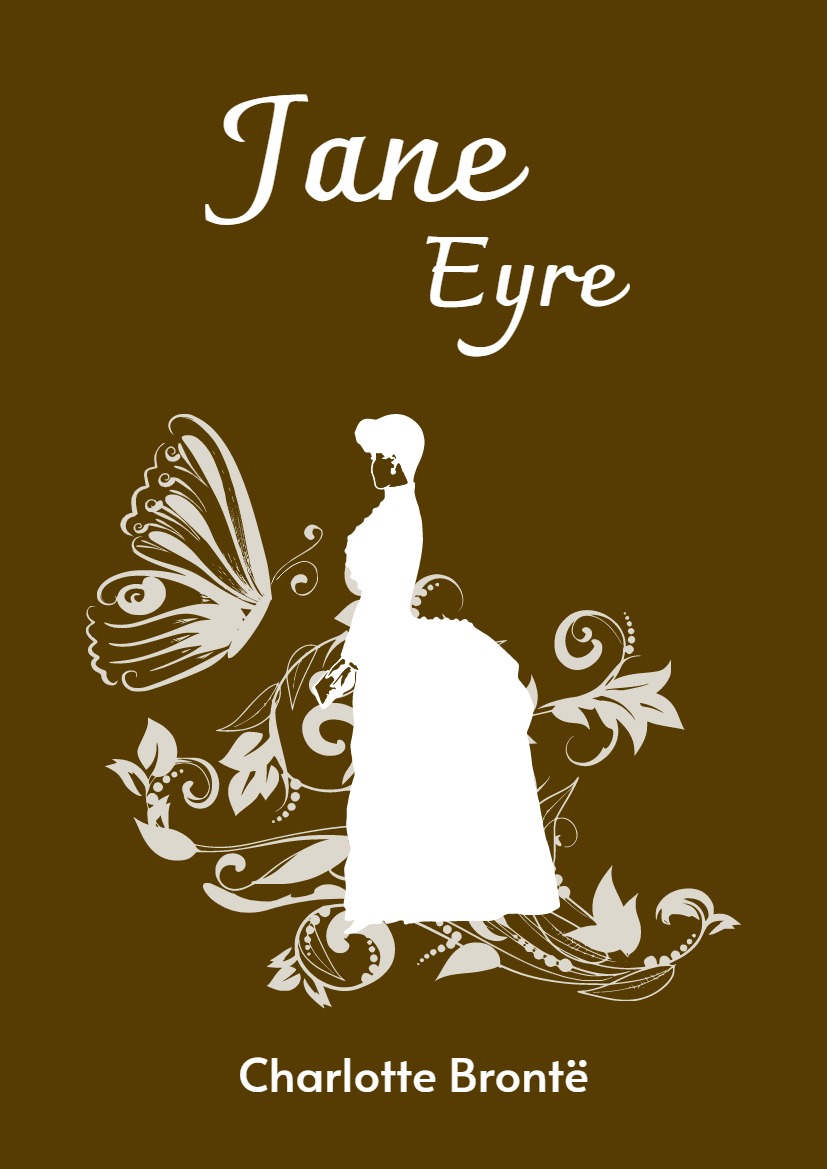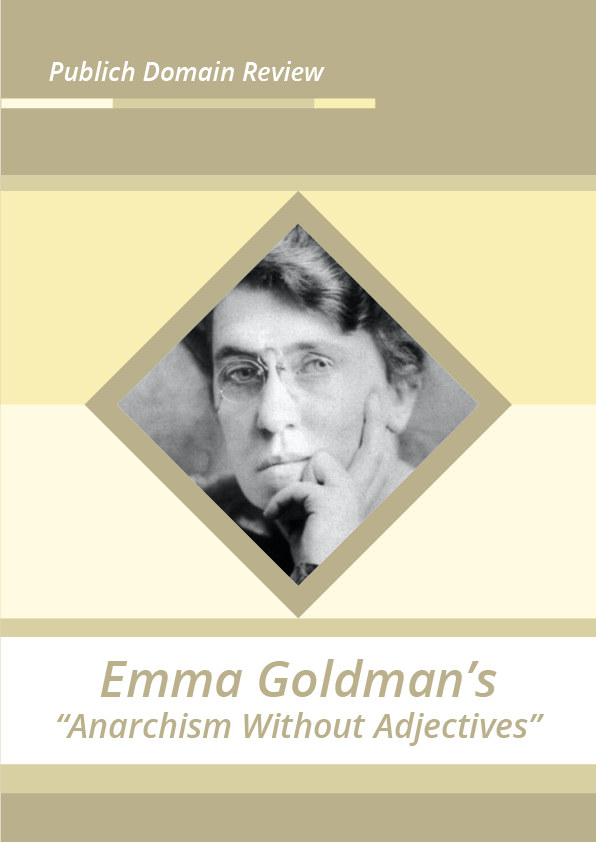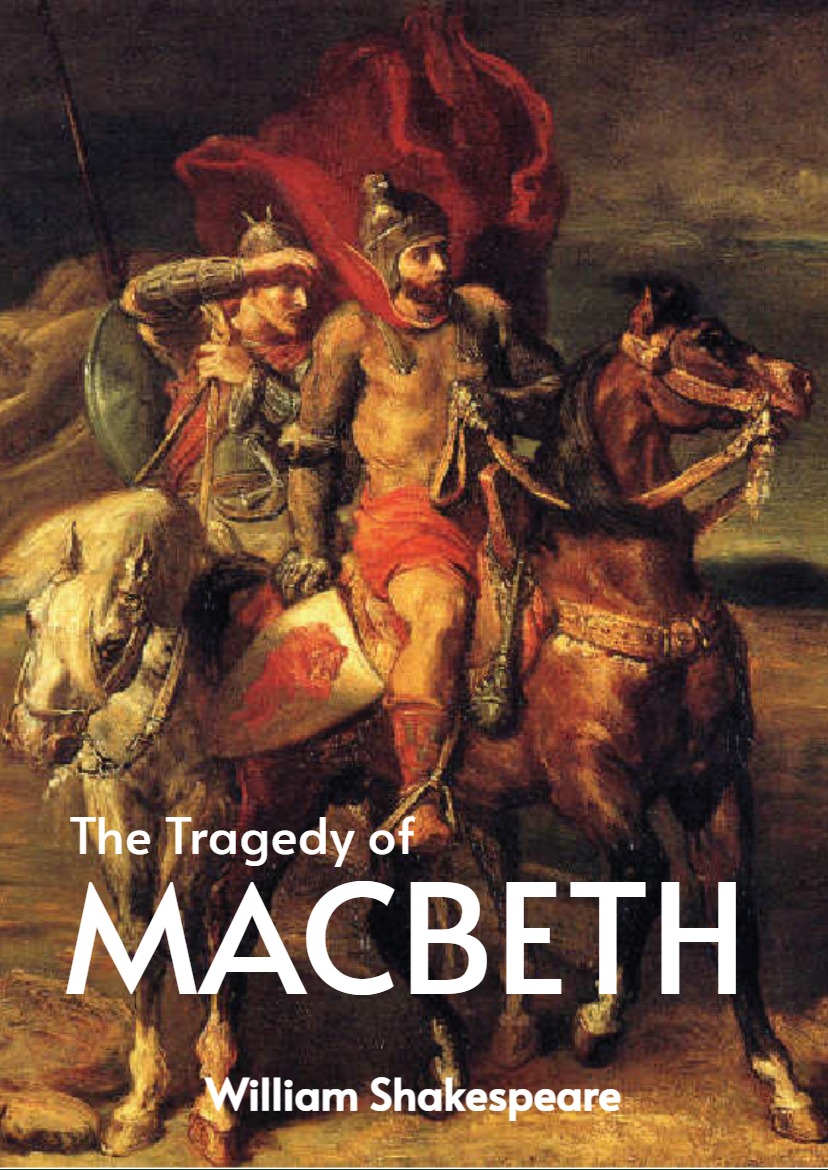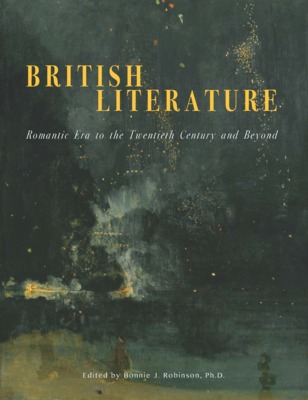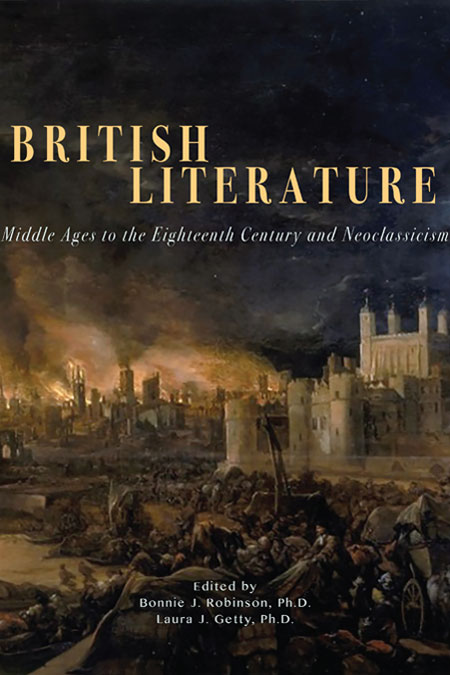What is Your Information Need?
In this section, you’ll learn about the first pillar of information literacy. While the pillars are often presented in a certain order, it’s important to remember that they’re not intended to be a step-by-step guide to be followed in a strict order.
In most research projects, you will find that you move back and forth between the different pillars as you discover more information and come up with more questions about your topic.
The first step is to identify your information need so that you can begin your research, but as you start researching, it’s likely that you’ll revisit some of the ideas in this chapter to make sure you are actually meeting that need with your research findings. I’ve provided a text and graphic representation below of the “Identify” pillar.
A person proficient in the Identify pillar is expected to be able to identify a personal need for information. They understand:
- That new information and data is constantly being produced and that there is always more to learn
- That being information literate involves developing a learning habit so new information is being actively sought all the time
- That ideas and opportunities are created by investigating/seeking information
- The scale of the world of published and unpublished information and data
They are able to:
- Identify a lack of knowledge in a subject area
- Identify a search topic/question and define it using simple terminology
- Articulate current knowledge on a topic
- Recognize a need for information and data to achieve a specific end and define limits to the information need
- Use background information to underpin the search
- Take personal responsibility for an information search Manage time effectively to complete a search
Identifying Your Personal Need for Information
One of the first things you need to do when beginning any information-based project is to identify your personal need for that information. This may seem obvious, but it is something many of us take for granted. We may mistakenly assume that we already know enough to proceed.
Such an assumption can lead us to waste valuable time working with incomplete or outdated information. Information literacy addresses a number of abilities and concepts that can help us to determine exactly what our information needs are in various circumstances. These will be discussed more coming up.
Information Context
When you realize that you have an information need it may be because you thought you knew more than you actually do, or it may be that there is simply new information you were not aware of. One of the most important things you can do when starting to research a topic is to scan the existing information landscape to find out what is already out there. We’ll get into more specific strategies for accessing different types of information later in the unit, but for now it pays to think more broadly about the information environment in which you are operating.
